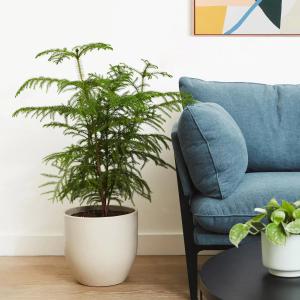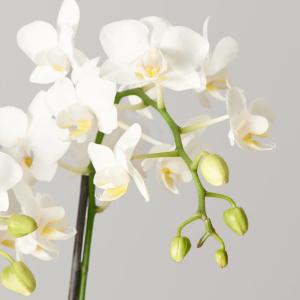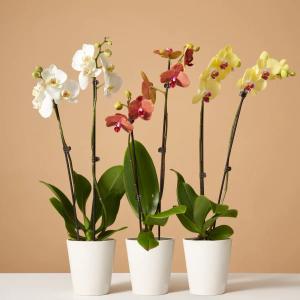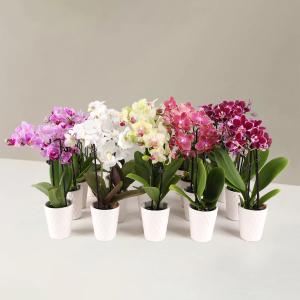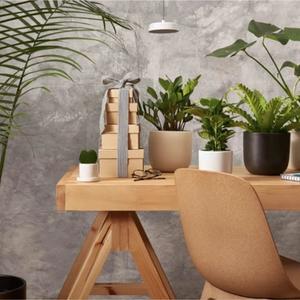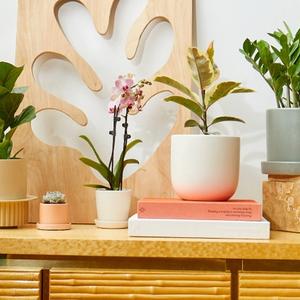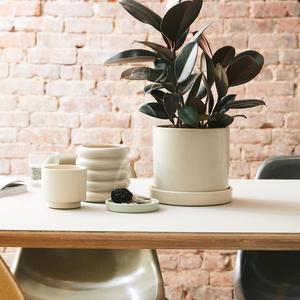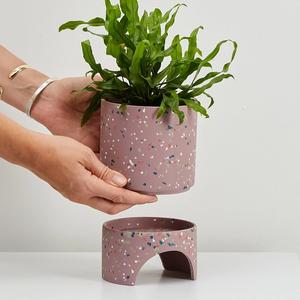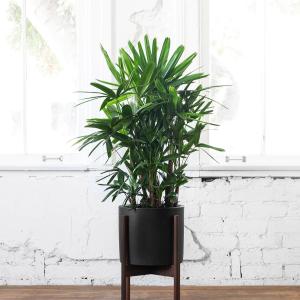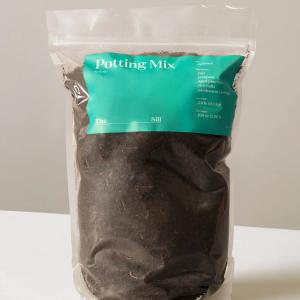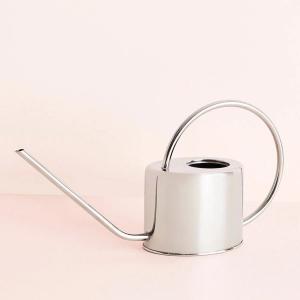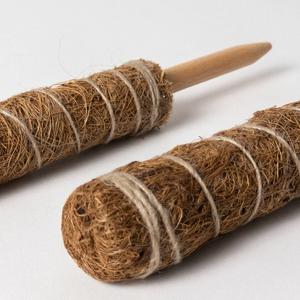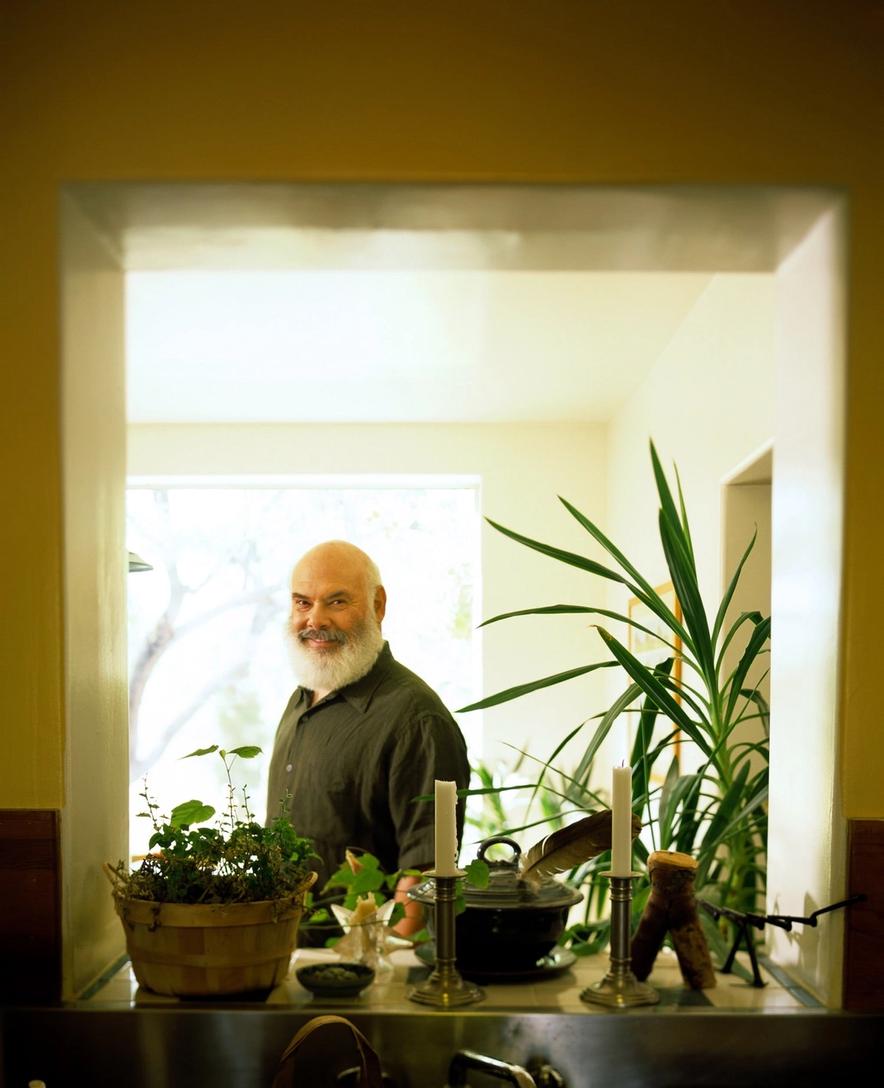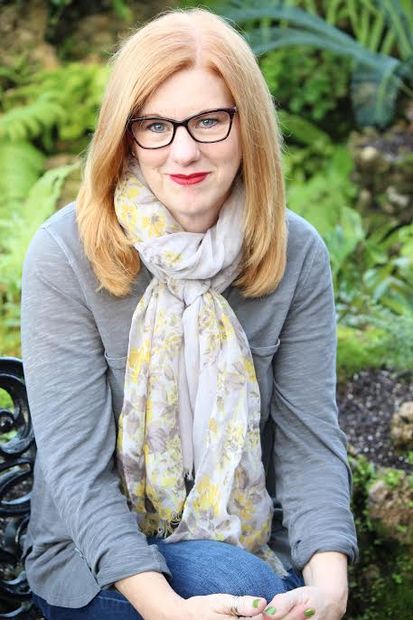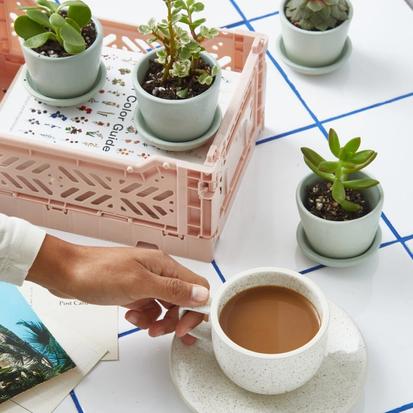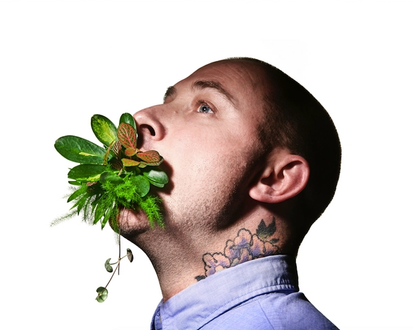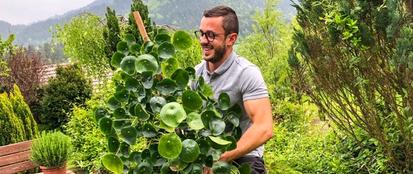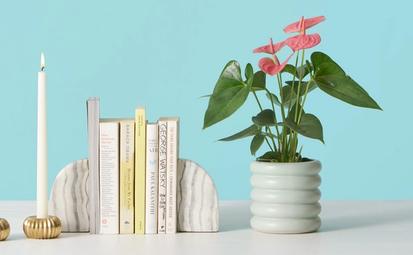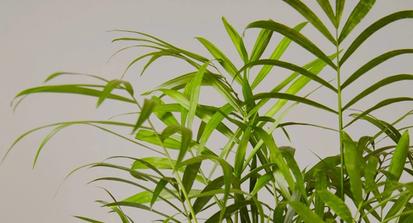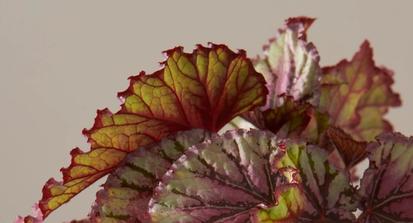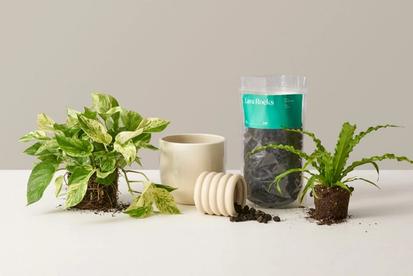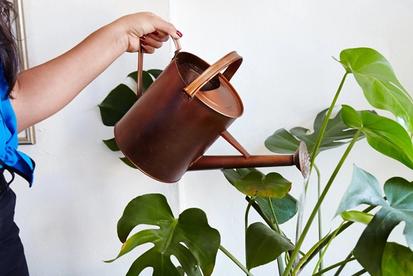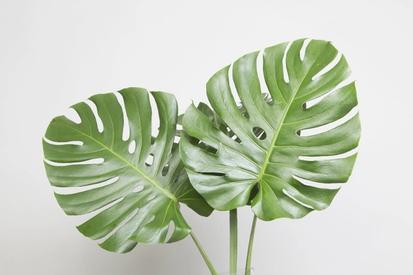Matcha lattes are everywhere these days, but this special drink has been around long before they hit Instagram. Dr. Andrew Weil, the founder and director of the University of Arizona Center for Integrative Medicine and founder of Matcha Kari, first went to Japan in the late 1950s and was so inspired by his matcha experience that he later made it a part of his life.
With an expertise in alternative plant-based healing, Dr. Weil saw that there was an opportunity to bring high-quality matcha and the healing power of plants to the U.S. He joined forces with André Fasciola to create Matcha Kari, and the rest is history.
We chatted with Dr. Weil about our burning matcha questions, as well as his top plant tips.
Many of us here at The Sill know and love matcha - but we would love to hear it from the experts. What is it?
Matcha is powdered green tea made from specially cultivated tea plants that are heavily shaded before harvest to increase their content of chlorophyll, antioxidants, and other beneficial compounds. It is a bright-green powder with a rich aroma and complex flavor. Matcha was traditionally used in the Japanese tea ceremony, whisked to a froth with hot water in a bowl. People today enjoy it in many ways, hot and cold, in lattes, etc.
What are the health benefits of matcha?
It is the only form of tea in which the whole leaf is consumed. It is high in L-theanine, an amino acid that promotes relaxation and modifies the effect of caffeine to produce “calm alertness.” Matcha promotes cardiovascular health and has cancer protective effects.
How did you come to love matcha and make it a part of your life?
I was in Japan as an exchange student when I was 17 (in 1959) and lived with a Japanese family outside of Tokyo. My host mother took me to a neighbor who practiced tea ceremony for my first matcha experience. I fell in love with its color and flavor and have used it ever since (although it was hard to get in North America until fairly recently).
What’s the importance of matcha as a self care ritual? How can we make this a step in our self care routine if we’re new to making matcha?
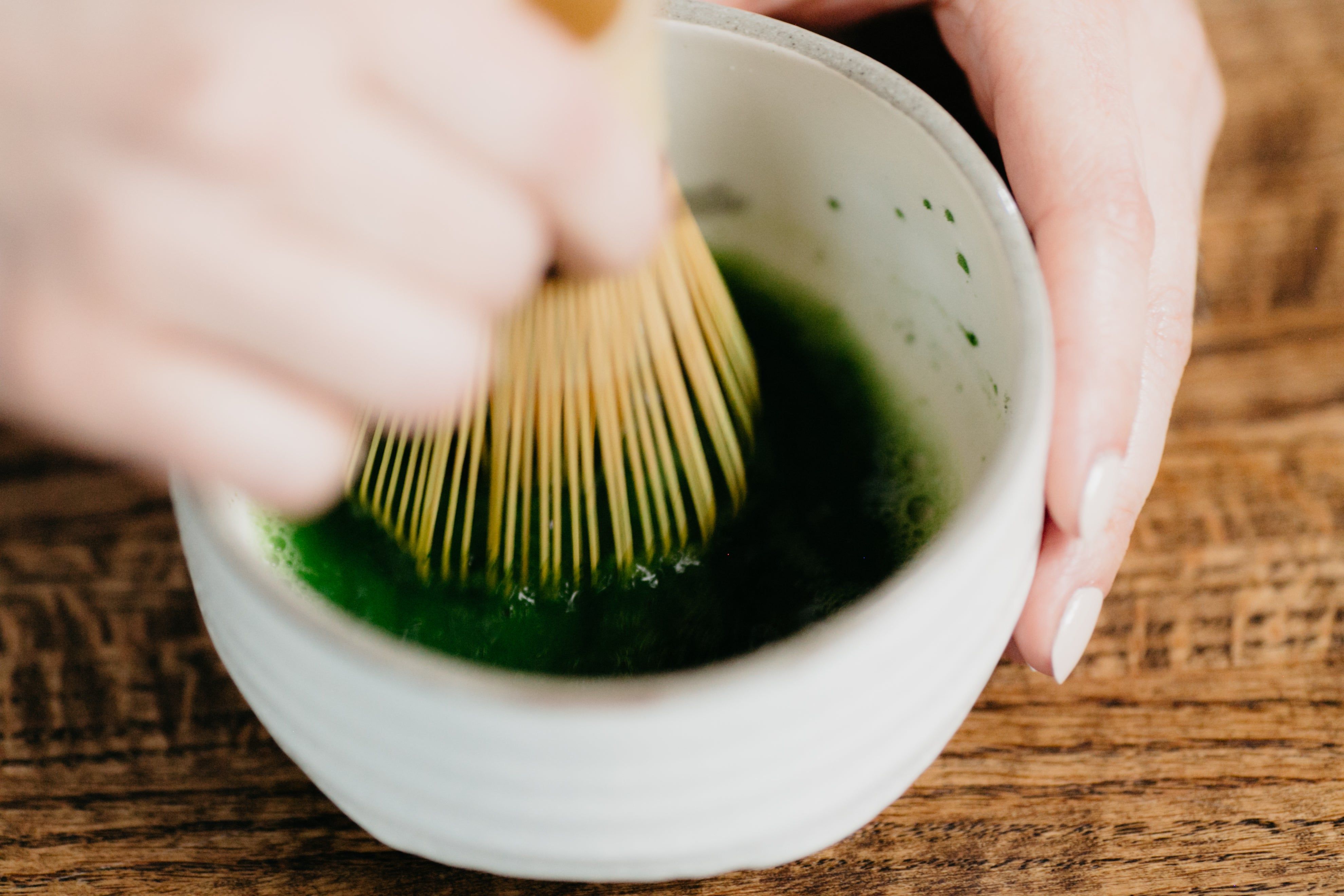
Preparing matcha can be meditative and stress relieving and a great alternative to coffee. It offers many health benefits as well as pleasure. Making a bowl or glass of matcha in the morning is good way to start a day. There are many instructional videos on how to use and enjoy matcha.
How does a love for plants translate into a love for health and wellness?
I’ve been a plant lover since I was a child, studied botany in college, and have a career interest in medicinal plants. I’m an avid gardener and grow much of the food I eat. As a practitioner of integrative medicine, I use plant remedies more than pharmaceuticals. Getting to know plants and their uses can be an important component of healthy living.
Do you have any natural plant remedies that you recommend?
Learn how to use a few common plant remedies, like valerian for sleep, kava for relaxation, garlic to ward off colds, chamomile to soothe the stomach, stinging nettle for hay fever. Know their proper uses.
Do you have any Sill plant favorites?
The Christmas Cactus, Money Tree, ZZ Plant and Ponytail Palm.
For more on matcha and plant tips, check out our Instagram Live conversation with Dr. Weil below.
Words By The Sill
Empowering all people to be plant people—a collection of articles from The Sill’s team of Plant Experts across a variety of plant care topics to inspire confidence in the next generation of plant parents. Welcome to Plant Parenthood™.
